Is it worth eating blue cheese?
Mouldy cheeses can be made from cow, goat or sheep milk. During production, the cheese is renneted and subjected to a ripening process. The ripening period is extremely important for blue cheese, as it is then that the presence of the noble mould affects the taste and aroma of the cheese. The mould present on the cheese also acts as an antibacterial and preservative, prolonging the shelf life of the product. Moulded cheese can be divided into two types, cheese with white mould growth and cheese with blue mould growth. Among the most popular mould cheeses, we can distinguish the following: camembert, brie, munster, gorgonzola, roquefort and coulommiers. Mouldy brie cheese is an example of cheese with white mould, which is the result of the action of Penicillium candidum. Is mouldy cheese healthy? In order to be able to answer this question, it is worth considering the advantages and disadvantages of mouldy cheese first. The advantages of mouldy cheese 1.It is rich in proteins easily absorbed by our body. 2.It provides the body with phosphorus and calcium, which improve the condition of bones and teeth. 3.It contains many vitamins (A, B, D, E and K vitamins) 4.Their composition includes many minerals (magnesium, potassium, sodium, calcium). These are electrolytes essential for our body. 5. It has a unique taste and aroma that is loved by many people. 6. Vitamins and minerals present in mouldy cheese support the course of processes in our body, such as heart work. 7. It contains tyrosine. This is the amino acid responsible for our well-being. It has a positive effect, reduces fatigue and stress. 8. It can be combined with other additives to create a wholesome snack. 9. Fat content makes the vitamins present in the cheese easily absorbed. 10. Mouldy cheese is a great source of energy, providing us with strength to be active. 11. It has many applications in the kitchen and constitutes the basis of many dishes. As you can see, mouldy cheese has many advantages – both health and culinary, as well as its taste. Unfortunately, mouldy cheese also has a weak side. Disadvantages of mouldy cheese 1, Mouldy cheese is mainly fats, and in particular saturated fatty acids. 2. When consumed excessively, it can contribute to cardiovascular disease and heart disease. 3. High-calorie product 4. Mouldy cheese contains a lot of salt, therefore, is not recommended for people with hypertension or people complaining about water retention in the body. 5. When consumed excessively, cheese can contribute to overweight or obesity. 6. The presence of histamine can be dangerous for allergy sufferers. 7. They do not contain fiber, which causes problems in the digestive system. 8. Bacteria present in mouldy cheese are dangerous for pregnant women. 9. It contains tyramine, which is not recommended for people suffering from migraines. Now we can return to the question ” Is it worth eating blue cheese?”. These products surely have advantages, but there are also some minuses. Mouldy cheese is quite controversial, not only because of its taste, but also because of its properties. As can be seen in the list of the disadvantages, some of them refer to individual groups of people, so those who are not, for example, hypertensive or allergy sufferers do not consider this a minus. Blue cheese is the most valuable addition to our diet, however in the right amounts.
Discover our products
Become our partner

phone
+ 48 605 590 599
+ 48 693 550 771
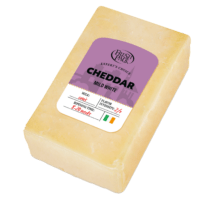 CHEDDAR WHITE CHEESE
CHEDDAR WHITE CHEESE 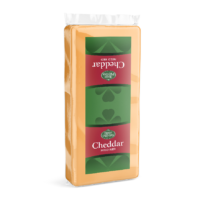 CHEDDAR MILD RED CHEESE (block)
CHEDDAR MILD RED CHEESE (block) 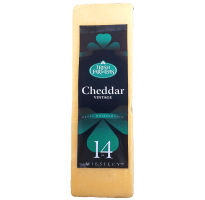 CHEDDAR VINTAGE CHEESE (block)
CHEDDAR VINTAGE CHEESE (block)  BIO CHEESE Cheddar
BIO CHEESE Cheddar 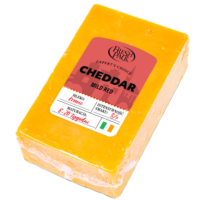 CHEDDAR RED MILD CHEESE
CHEDDAR RED MILD CHEESE 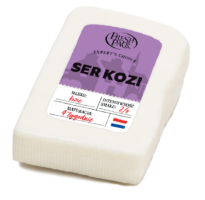 CHEVRETTE GOAT CHEESE
CHEVRETTE GOAT CHEESE  BIO CHEESE Gouda
BIO CHEESE Gouda 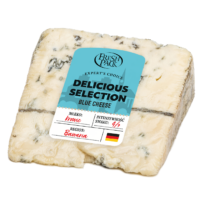 DELICIOUS SELECTION BLUE CHEESE
DELICIOUS SELECTION BLUE CHEESE 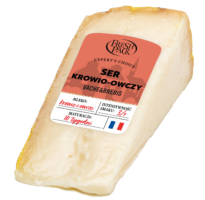 COW AND SHEEP CHEESE VACHE & BREBIS PELOTARI
COW AND SHEEP CHEESE VACHE & BREBIS PELOTARI 


